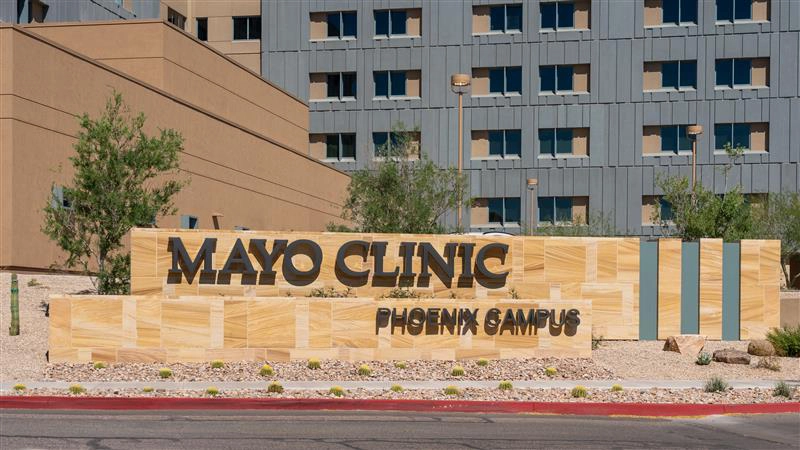Old Dominion University’s (ODU) Cytology Program remains open thanks in part to the strong advocacy of the ASCP and ASCP BOC. In a formal letter to ODU leadership, ASCP BOC underscored the critical role cytologists play in patient safety, cancer detection, and diagnostic medicine, while highlighting the severe national shortage of cytology professionals.
The letter emphasized ODU’s outstanding track record, including a 100% job placement rate and a 95% pass rate on the ASCP BOC Cytology - CT(ASCP) credentialing examination. It also stressed that, without accredited cytology programs, students would lose access to local training opportunities, further worsening trained cytologist shortages across the Mid-Atlantic region.
ASCP BOC’s advocacy reinforced the program’s importance to both the profession and public health. The decision to keep the Cytology Program open ensures continued educational access for students, a stronger workforce pathway, and sustained excellence in patient care.
If you are aware of a Cytology or other medical laboratory program facing potential closure, the ASCP BOC can help by providing advocacy support or a letter of institutional backing.
Please reach out to ASCPBOC@ascp.org with the program name, contact information, and a brief description of the situation. Our team will review and determine the most appropriate next steps to support your advocacy efforts!
At Massachusetts General Brigham (MGB), the accelerated Medical Laboratory Science (MLS) program has become a model for how ASCP BOC credentials transform student and workforce outcomes. Launched in 2023 to address staffing shortages, the 10-month program blends rigorous classroom instruction, clinical rotations, and exam-style assessments that prepare graduates to sit for the MLS(ASCP) exam immediately after graduation.
The results speak volumes: of the first 20 graduates, 94% passed their ASCP BOC credentialing examination and 100% secured employment, with more than 80% staying within the MGB system. Credentialing is embedded into the program’s culture and required for career progression. Graduates enter the workforce with confidence, competence, and clear pathways for advancement.
As Dr. Jennifer Nicoloro, program director, notes:

Mayo Clinic in Arizona’s Department of Laboratory Medicine and Pathology (DLMP) is strengthening workforce retention and education through its innovative Allied Health Scholarship Program. Created in 2022, after staff identified credentialing costs as a barrier, the program provides scholarships covering application fees, renewals, study resources, and society memberships. This support helps both employees and students in allied health programs pursue and maintain ASCP BOC credentials, credentials widely recognized as the benchmark for professional excellence.
The program has been especially impactful for younger professionals and students preparing to earn their first credentials. By reducing financial stress, participants can focus on learning, examination preparation, and transitioning smoothly into the workforce. The most common awards support Medical Laboratory Science - MLS(ASCP) and Phlebotomy Technician - PBT(ASCP) credentials, underscoring the high value of ASCP BOC credentials. With expanded funding and growing interest, Mayo Clinic demonstrates its commitment to education, career advancement, and ultimately, the highest standards of patient care.
